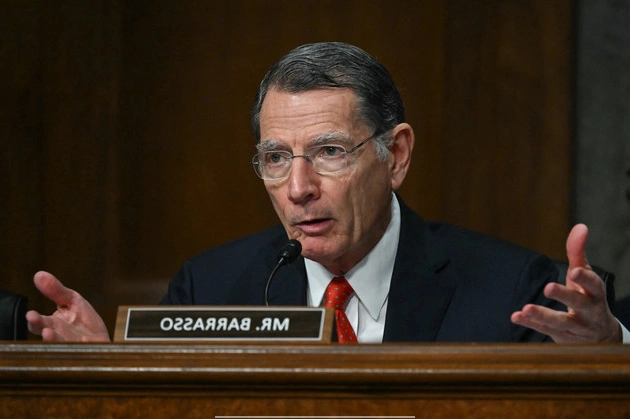
Understanding the nuances of habeas corpus is crucial in safeguarding individual liberties and upholding legal rights. Sen. John Barrasso’s perspective on this constitutional provision sheds light on its relevance in today’s political landscape.
The Essence of Habeas Corpus
Habeas corpus, a fundamental legal principle, allows individuals to challenge their detention before a court. Its suspension is permitted in extreme circumstances like rebellion or invasion, as outlined in the Constitution.
Current Debates and Interpretations
The current administration’s consideration of suspending habeas corpus raises concerns about the balance between national security and civil liberties. White House officials argue for its potential use in addressing border security challenges.
Legal and Historical Context
Historically, habeas corpus has been suspended during times of crisis, such as the Civil War and World War II. Its application in modern contexts, like immigration enforcement, sparks debates on constitutional rights.
Senator Barrasso’s Stance
Senator Barrasso’s cautious approach to the potential suspension of habeas corpus reflects the complex legal and political implications at play. Upholding the rule of law while addressing security concerns remains a delicate balance.
Protecting Civil Liberties
Ensuring the preservation of habeas corpus is essential in safeguarding individual freedoms and preventing arbitrary detention. The legal community continues to monitor developments in this area closely.











